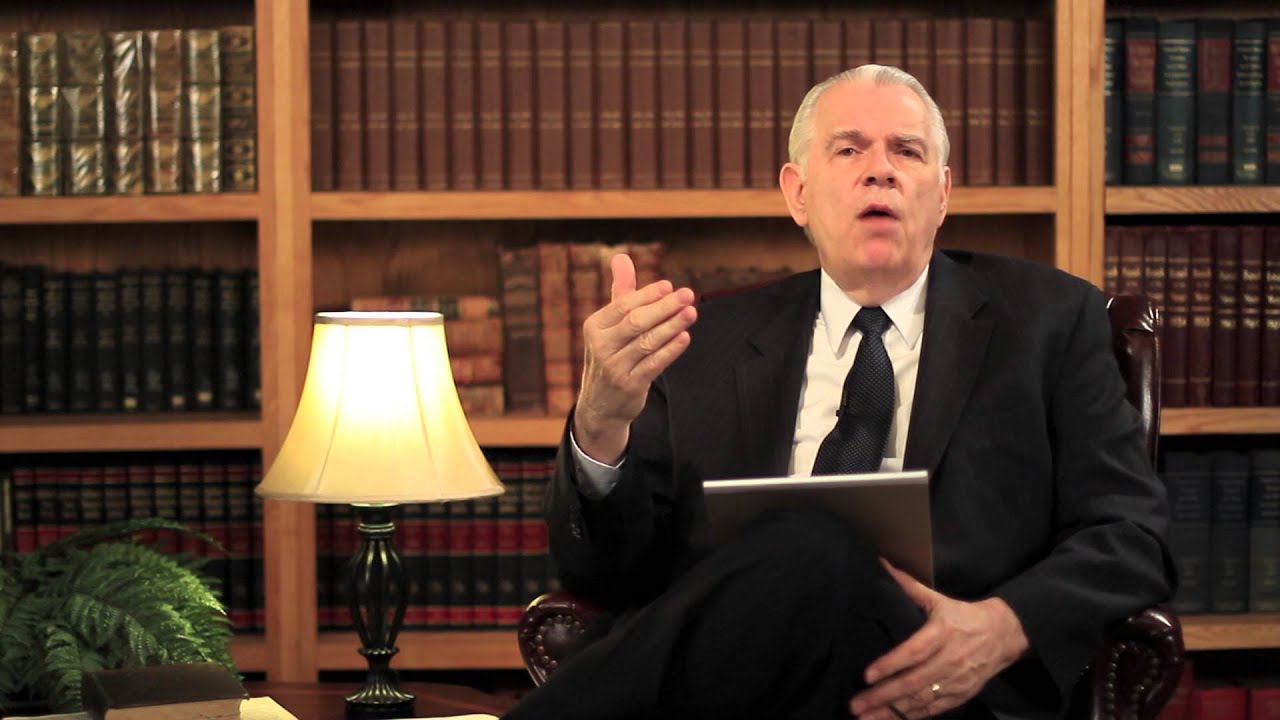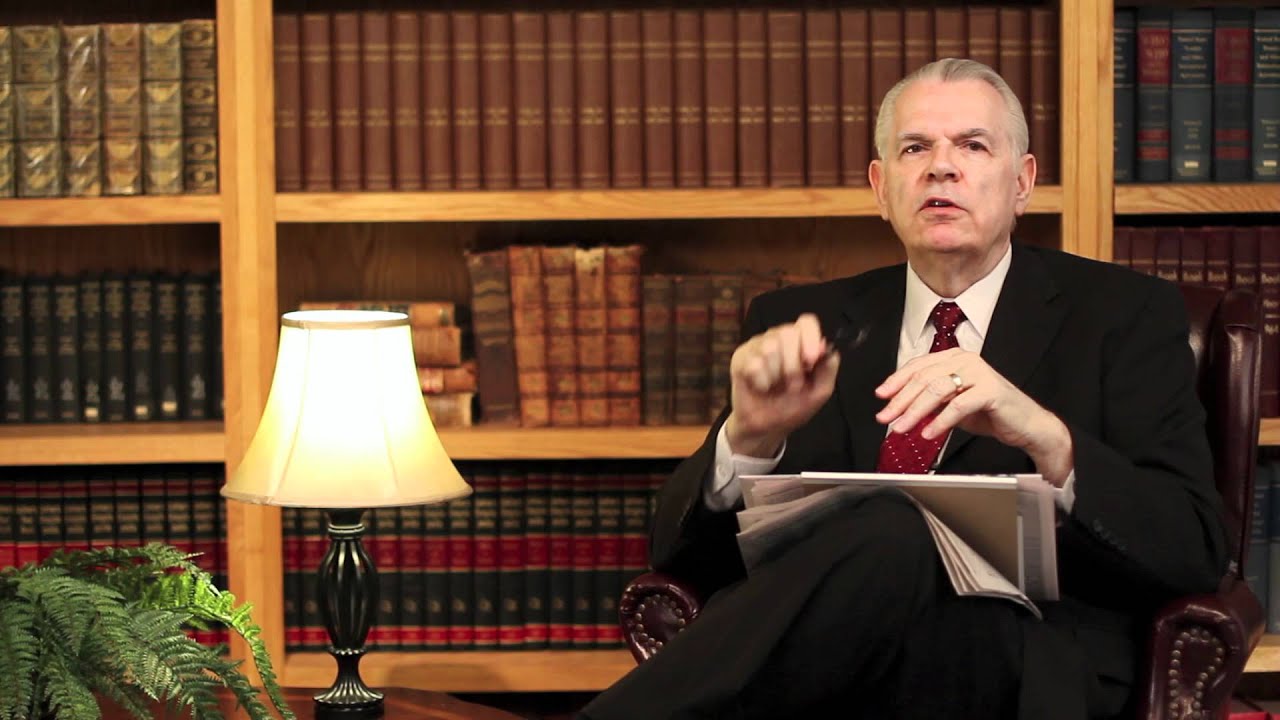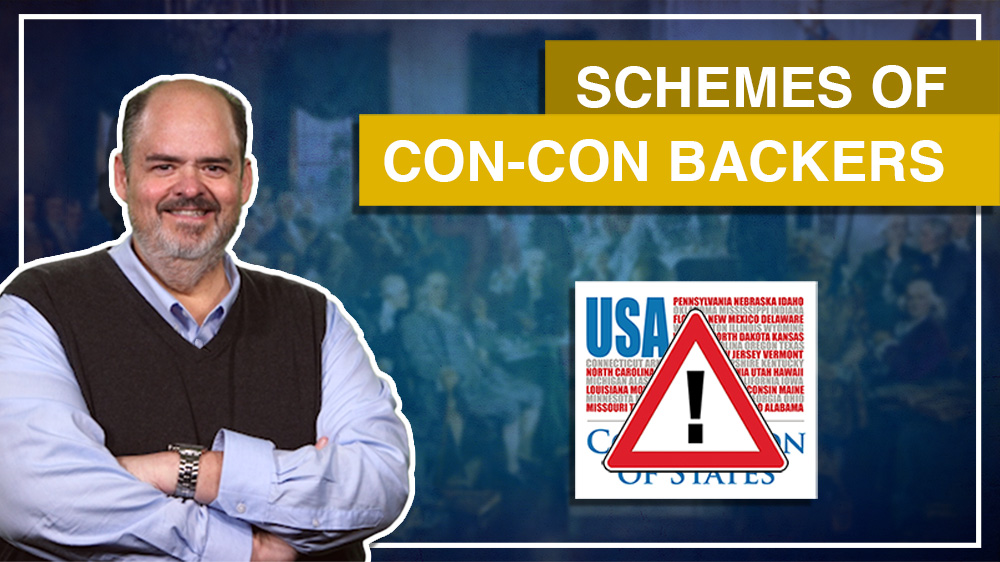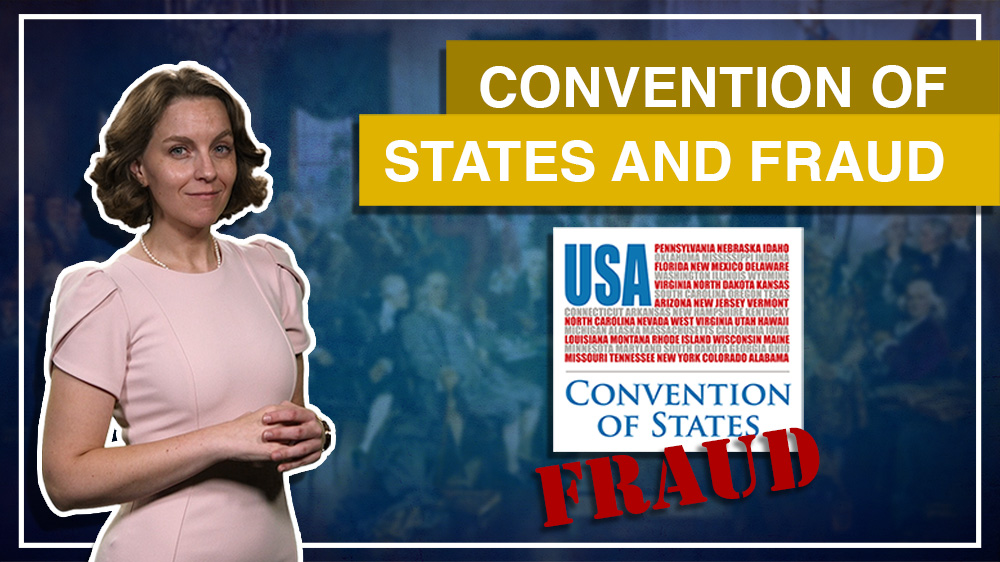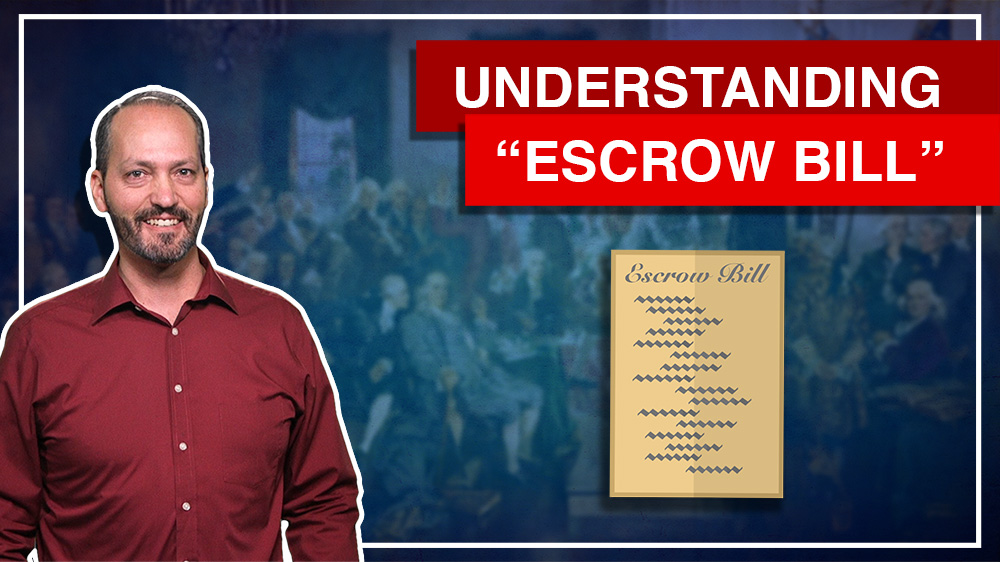In recent years, state legislators have been receiving boxes of petitions allegedly from constituents demanding a “Convention of States.” These petitions are computer generated with names and addresses. But fail to include any signatures, phone numbers, or email addresses to verify. There are many legislators who have called some of these people and asked if they support a Con-Con and have found that a large percentage of them say they never signed the petition and are NOT in favor of a convention. Likewise, the emails received by legislators are computer generated by the hundreds. Rarely do we receive a personal email from an actual constituent wanting a convention or articulating the supposed need for one. And if you don’t believe this, hear from a state representative herself. The following is an excerpt from then-Idaho state representative Dorothy Moon.
When I was leaving the Capitol in March, at the end of March, I went and got a big packet of petitions in my mailbox. And a couple of weeks into being home, I started going through some of these petitions and some of these letters. And it was interesting, I thought, “Huh? Convention of State Project, don’t tell me they’re going to do this again.”
Oh, yeah, they were going to do it again. So anyhow, “Representative Dorothy Moon, there were 141 online Convention of State petitions and 111 hard copies printed for you. So, you had 252 petitions that wanted you to support a Convention of States.” I thought, “really? Who are these people?” So, I started flipping through it. I’m looking for Salmon, Challis, the communities closest to me.
And all of a sudden, I find one that says this lady’s name and Challis. And I thought, “I know her. I know Tina. Why would Tina be signing this Convention of States petition?” So, I called her up. Now, mind you, there’s not a signature here. It is a typed name and a typed address. And I thought, “hmm.” I said, “Tina, I got the date. I’ve got a little post-it.”
I’m kind of weird like that. I mark when I call people and when I got the response. So, I called her, and I said, “Did you sign this?” She goes, “Dorothy, I’m a JBS member. Why would I sign it?” I said, “That’s exactly what I thought.”
Fraudulent, number one. Number two, here’s another one.
This is from a precinct committee person in Clayton, Idaho. 35 minutes from my house. “Paul, what are you doing signing this petition?” “What are you talking about, Dorothy? I never signed this petition.” I said, “Well, I know you didn’t. Your name is typed on there.”
Fraudulent, more fraud. There is another one. There were bunches of them. They never signed them.
So, what I think they do is they go through the voter rolls. They go to the Secretary of State’s website. They accumulate the names. They just put them on there. So, not only did I receive a packet full of names, so did every other legislator. There are 35 senators, and we have 70 House members. And so, we have a total of 105.
105 of them had a packet with probably a hundred names of people who were supposedly in support of a convention of states and if there’s fraud and deception on a handful that I pulled out of here, as far as I’m concerned, they’re all fraudulent. And these are the people who want us to trust them to go and get us into a convention of states in Article V.
No way. And that’s my argument. Whenever people ask me about it.
If this was happening in Idaho, you can be sure that it is happening still today in every state. Contact your legislators and tell them to be wary of the same fraud in your state.
Learn more about Article V and the amendment process by visiting JBS.org.


